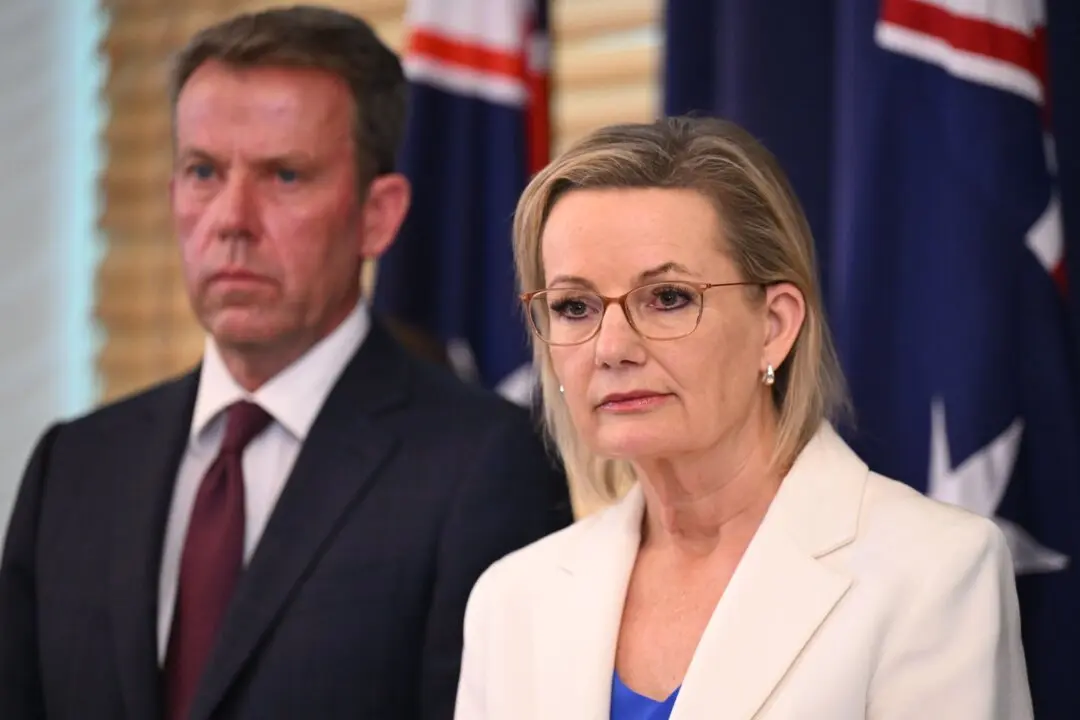Australia’s electronic surveillance laws are set for one of the largest overhauls in recent history after the Morrison government agreed to the recommendations of a landmark intelligence report.
Former intelligence chief Dennis Richardson’s massive 1,300-page report found the existing framework was unnecessarily complex and outpaced by technology.





